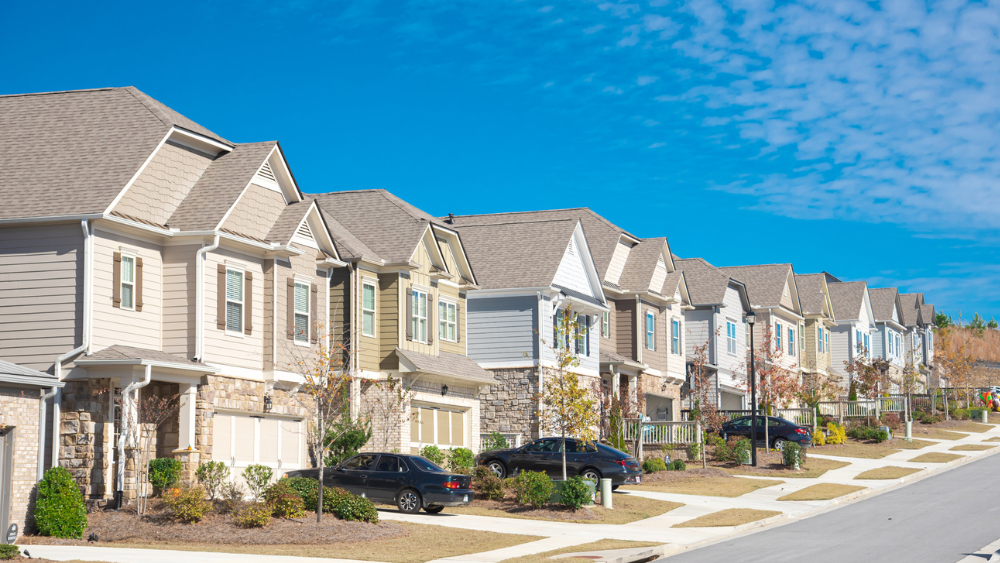
Selling your Atlanta home while looking to purchase a new one can be tricky. Lining up the sale of your current home while trying to close the deal on a new one, particularly in a competitive market where inventory is low, may feel impossible. You might think your only choice is to sell your current home, move into temporary housing, and hope your future home becomes available without delay. However, there’s one financial tool you probably haven’t considered – a bridge loan. A bridge loan is a short-term financing solution, giving you the necessary income to purchase a new home, even before you’ve sold your current one. A bridge loan is a practical, short-term financing solution designed to “bridge the gap” for homeowners like you. This type of loan leverages the equity in your existing home, providing you with the necessary funds for a down payment and to cover the closing costs of your new property. While bridge loans generally carry higher costs than traditional mortgages, they offer a quick path to purchase your new home without the wait and uncertainty of selling your old home first. Imagine you’ve found your dream home in Atlanta but haven’t sold your current house yet. This is where a bridge loan comes into play. It uses the equity from your previous home to cover the down payment and closing costs for your new home, acting as a financial bridge between the two transactions. The same lender handling your new mortgage will usually manage your bridge loan. They’ll expect your existing home to be on the market, offering the bridge loan for a period ranging from six months to a year. An important aspect of this arrangement is your debt-to-income ratio (DTI). This calculation will include the mortgage on your old house, the mortgage on your new Atlanta home, and any interest-only payments on the bridge loan. If your old home is already under contract with a buyer who has secured loan approval, your lender might consider only the new mortgage payment in the DTI calculation. Lenders use this approach to ensure that you can comfortably manage payments on both properties in case the sale of your old home takes longer than expected. Bridge loans offer several advantages, making them a smart choice for Atlanta homebuyers in transition: While bridge loans can be beneficial in certain scenarios, they also come with potential downsides: Moreover, the equity in your current home plays a significant role in qualifying for a bridge loan. If you owe more than 80% of your home’s value, you might face difficulties securing a bridge loan. A bridge loan might be the right choice in certain situations:What is a bridge loan, in simple words?
How does a bridge loan work in Atlanta?
What are the benefits of a bridge loan in Atlanta?
What are the drawbacks of a bridge loan?
When is a bridge loan a good solution?



